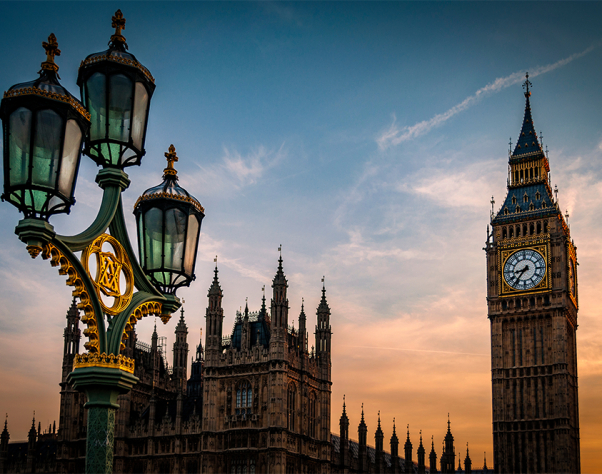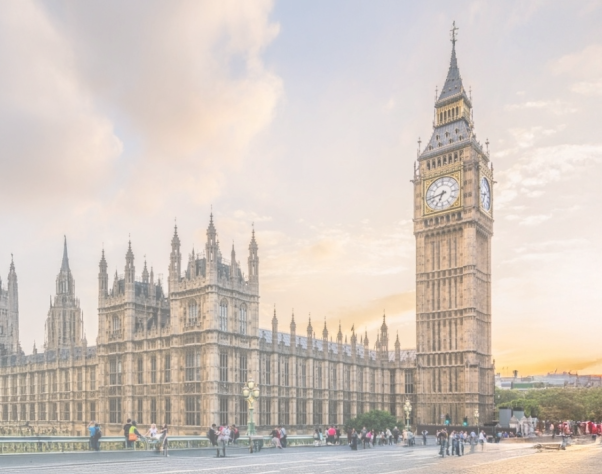ESG: don’t “cut the green crap” – or at least not all of it
By Bryn Woodward, Associate Partner
Inflation is poised to hit 11% in the UK; a global recession is as likely as not; there is war in Europe for the first time in 70 years; and we’re about to have the dubious honour of welcoming our fourth Prime Minister in seven years.
Considering all these issues, and with the likes of the Economist arguing “those three letters have morphed into shorthand for hype and controversy”, you’d be forgiven for concluding that it’s time to follow Prime Minister David Cameron and “cut the green crap”…bin the draft ESG report…move on to the next meeting.
But don’t. Or at least don’t bin it all.
The case for ESG
Now, as a fully paid-up PR professional you’d expect me to say that, but hear me out. Firstly, with TCFD reporting and a variety of other regulatory hurdles ahead, there are elements of what we now call ESG that are essential and unavoidable, particularly when it comes to the disclosure and reduction of carbon emissions. We are only heading in one direction, so trying to fight the tide won’t work and will hurt you later on.
Secondly, regardless of what your consultant might tell you, you don’t have to do everything at once. A lot of this is new, and no one has all the answers yet, so you will get more reputational bang for your buck if you’re transparent about what you are doing now and why, and you will also avoid being accused of greenwashing. Alongside this approach, fundamentally your instincts are right when they tell you that first and foremost you need to make sure your business has the resilience and balance sheet strength to survive and flourish. No one will thank a leader for running their business into the ground in the pursuit of an overly ambitious ESG target so it makes sense to prioritise.
Finally, if you ignore the noise and cold-call emails from various consultants there is a real opportunity to make an actual, tangible difference to people’s lives, which is both welcome in its own right, but also good business practice. In our always-on, ever-connected world, positive feedback is both powerful and easier to share than ever before.
The “Social” element of ESG can transform lives
I’m mainly talking about the S in ESG here. I grew up in Stoke-on-Trent, one of the 20% most deprived areas in England and what we would now call a blue-wall city that would benefit from “Levelling Up” investment. Suffice to say that jobs were scarce and I’ve seen friends left behind by a society and education system that seemed all too willing to turn the other way in times of need.
But, I also saw the the powerful, positive role business can play in empowering people, building confidence, and providing the forgotten with a future. Whether it‘s learning a trade via an apprenticeship, having an experienced mentor to talk to, or receiving mental health support at a company-funded walk-in centre, it is clear to me that businesses can transform lives. You can call it an ESG initiative or simply doing the right thing, it doesn’t really matter. What does matter is to that individual and their family and friends, that little piece of investment will stay with them for the rest of their lives.
Now, not every analyst and fund manager will care and it might not move the share price. But, you will have an advocate for life, and you’ll also always have something to talk about when that tricky journalist asks for an interview.
You just need to pick something that fits with what your business does and that you and your team are passionate about.
Regardless of what Twitter might suggest, companies are judged on how they behave, and the goodwill you generate will motivate colleagues, breed loyalty amongst customers, and give you greater leeway when it comes to the tough decisions, and all that is good for business.
How to stay focused on delivering a sustainable future by Victoria Cross



